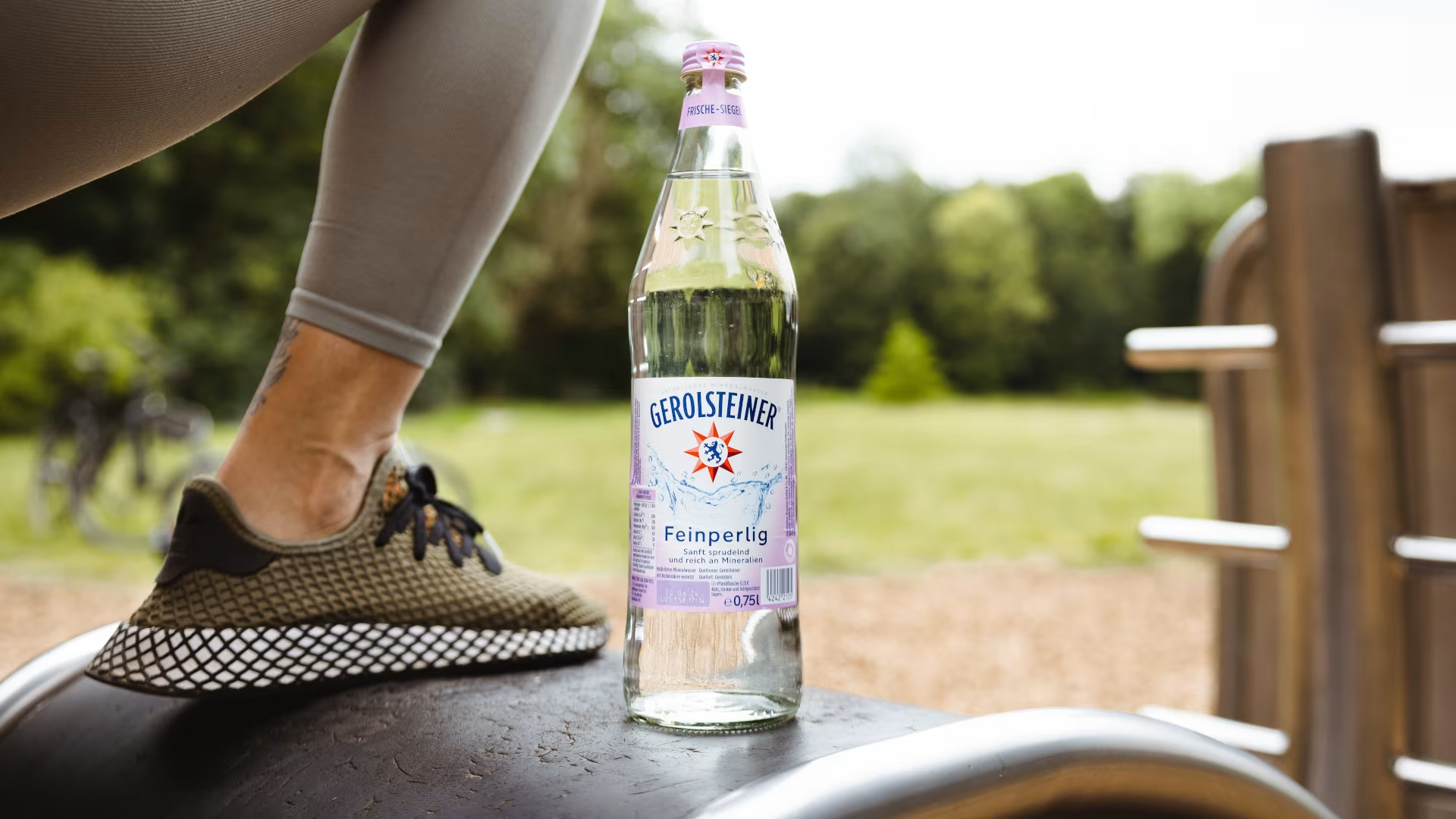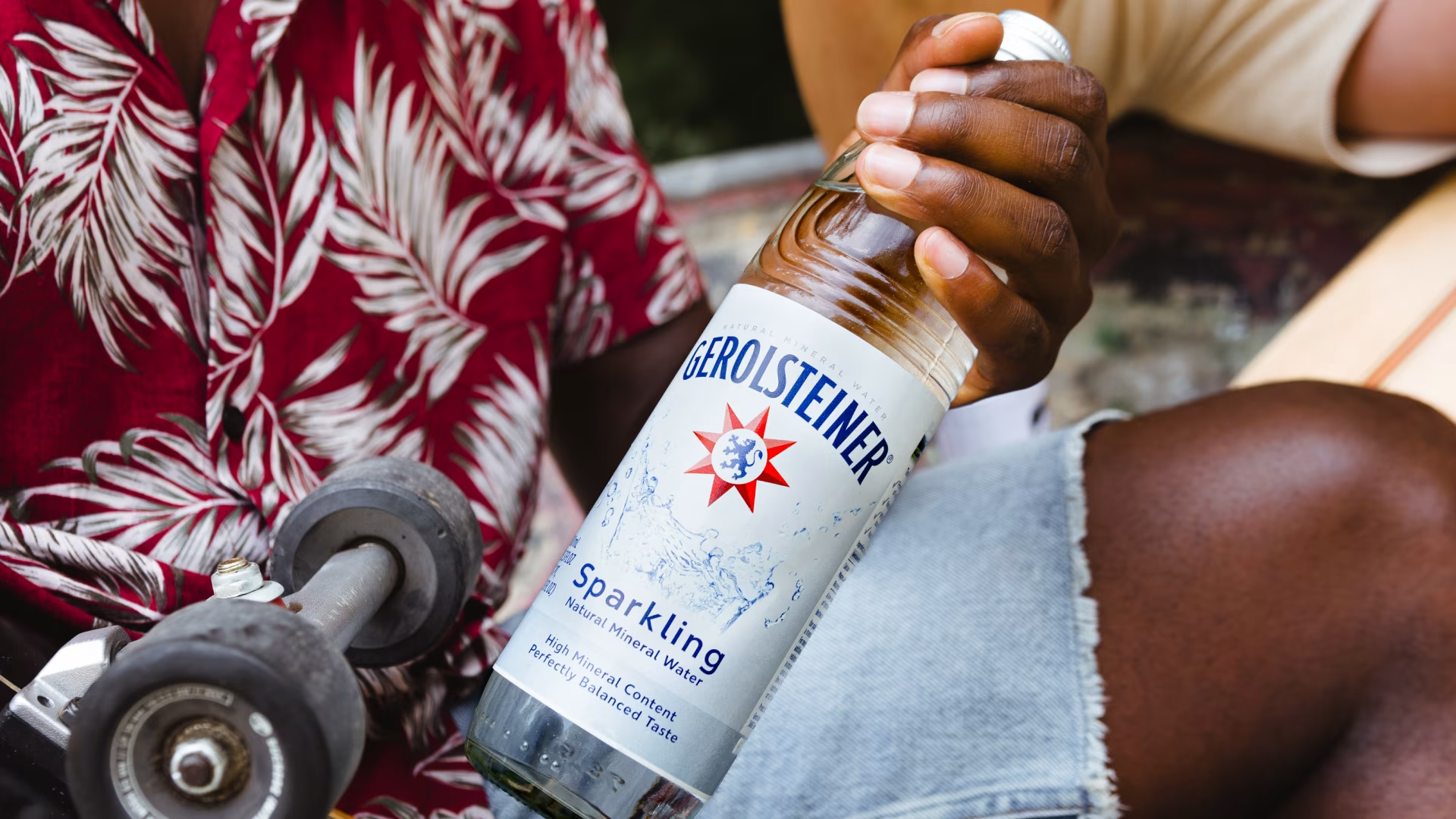
Magnesium in mineral water
Quick Facts: Magnesium
Definition
Magnesium is a mineral and its chemical designation is Mg2+. Your body cannot produce this mineral, so you need to consume it daily via a wholesome and balanced diet.
Good to know
A mineral water is considered a source of magnesium only if it has a magnesium content of at least 50 mg per litre.
Daily requirement
Adults: 375 mg. Adolescents between 15 and 18 years: 350 – 400 mg.
The significance of magnesium
Magnesium is one of the essential nutrients that you need daily. For the most part, magnesium can be found in your skeleton. It’s also present in your muscles and between your cells. All of that makes it an important mineral, especially for highly active people and athletes.
Our bodies are not able to produce the mineral nutrients we need, which is why it's necessary for us to obtain them from our food and beverages. Mineral Water contains mineral nutrients like magnesium in a dissolved form - this increases its bioavailability, enabling our bodies to absorb and use this vital nutrient more readily.
Your daily requirement
For adolescents between 15 and 18 years of age, a daily magnesium intake of between 350 and 400 mg is recommended. The daily requirement of adults is 375 mg. Men generally have a slightly higher requirement than women, because they have more muscle and bone mass. How high the magnesium requirement is for an individual depends on their individual lifestyle: physically active people, pregnant and breast-feeding women require more. If you’re feeling tired and often stressed, it is suggested that you consume an increased amount of magnesium. You are advised to consult with a medical professional or doctor before making any major dietary and lifestyle changes.
Sources of magnesium
Whole-grain cereal products, vegetables, nuts, milk, poultry, fish and potatoes are all noteworthy sources of magnesium. However, due to processing and some cooking methods, many foods can lose some of their original magnesium content. A natural alternative magnesium source is mineral water like Gerolsteiner. A mineral water is considered as source of magnesium only if it has a magnesium content of at least 50 mg per litre. The exact amount must be stated on the bottle label. Gerolsteiner Sparkling Mineral Water contains more magnesium than most mineral waters with 108 mg per litre. Our easy-to-use Mineral Calculator provides more information and can be used to compare nearly 500 waters available worldwide.
Expert Questions
Magnesium is one of the most important minerals, and is indispensable for many body functions. In the human body, there is approximately 25 g magnesium.
Age, sex and lifestyle are all crucial in determining your daily requirement. In general, it is recommended that adolescents between the ages of 15 and 18 have a daily intake of between 350 and 400 mg. Due to their larger muscle and bone mass, men need somewhat more. People, who exercise a lot, perform physical work and/or those who are regularly subject to stress have a higher daily requirement. Pregnant and breast-feeding women also have an increased magnesium requirement.
With a magnesium-rich mineral water, you can easily ensure that you will receive an optimal magnesium intake. Unlike in solid food, the mineral is dissolved, which increases its bioavailability. A tip: If you drink mineral water with your meals, your body absorbs the magnesium even more readily.
You might also like

minerals and mineral water
Calcium in mineral water
Find out how calcium in Gerolsteiner mineral water supports your health and promotes your well-being.
find out more about calcium
minerals and mineral water
Bicarbonate in mineral water
Find out how bicarbonate in Gerolsteiner mineral water supports your health and promotes your well-being.
find out more about bicarbonate